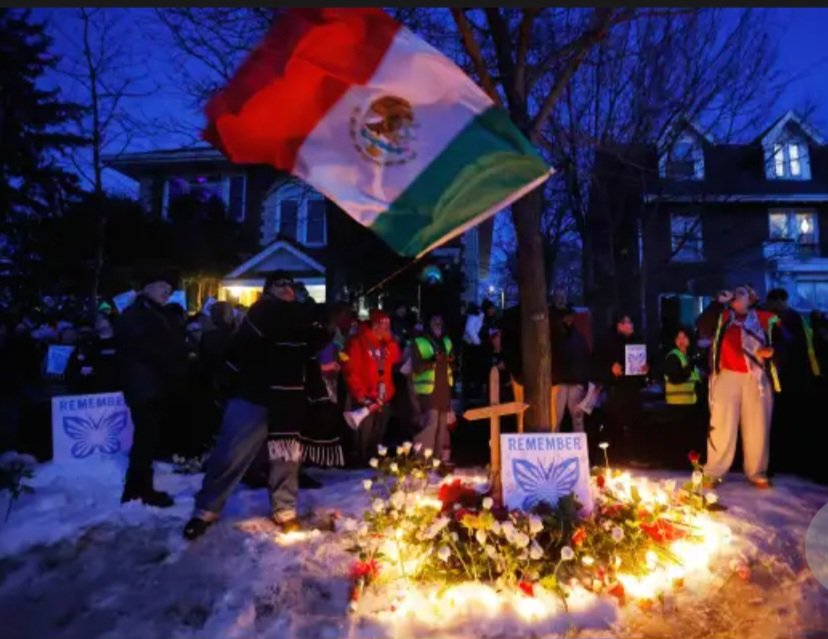
In a move sparking national and international debate, the Barbados government has announced the suspension of plans to purchase a £3m former plantation from British Conservative MP Richard Drax, whose family’s legacy is intertwined with the brutal history of slavery.
The property in question, a sprawling 617-acre estate in Barbados, was once a thriving sugar plantation operated by Drax’s ancestors in the 17th century, where thousands of enslaved African people were subjected to unimaginable suffering and exploitation.
Initially, the government intended to acquire the land at market value to address the pressing need for housing for Barbadians. Simultaneously, they sought reparations from Drax for his family’s significant role in the transatlantic slave trade.

However, in response to widespread public outcry, Prime Minister Mia Mottley announced a pause in the acquisition process, citing the concerns of Barbadians and the need for further dialogue. In a video statement, Mottley expressed understanding for the sentiments of her people, emphasizing the gravity of the situation and the enduring impact of slavery on Barbados.
The Prime Minister’s decision follows swift condemnation from various quarters, including Trevor Prescod, chair of the Barbados National Taskforce on Reparations and a Member of Parliament, who denounced the government’s intentions to engage in any commercial dealings with Drax. Prescod questioned the government’s commitment to the global reparations movement, labeling the proposed acquisition as a contradiction to their advocacy efforts.
Addressing concerns about the legality and ethical implications of the acquisition, Prime Minister Mottley reaffirmed Barbados’ adherence to the rule of law. She emphasized the government’s commitment to fair compensation for land acquisition while exploring all avenues for pursuing reparations from individuals and entities complicit in the country’s history of slavery.
Mottley also expressed dissatisfaction with the pace of discussions with Drax regarding reparations, highlighting the government’s persistent efforts since 2022 to engage the MP on this crucial issue.
Historical records reveal the profound impact of the Drax estate on Barbados’ slave history, with an estimated 30,000 enslaved individuals forced to toil and perish on the plantation over two centuries. The Drax family, among the beneficiaries of the British government’s post-abolition compensation, amassed considerable wealth from the exploitation of African labor.

Despite calls for reparations, Richard Drax has maintained his stance, asserting that individuals cannot be held accountable for the actions of their ancestors. However, critics argue that Drax continues to benefit from the legacy of slavery, highlighting the glaring disparities in wealth and privilege perpetuated by historical injustices.
Barbados, having transitioned to a republic in 2021, confronts its colonial past and strives to reckon with the legacies of slavery in its pursuit of justice and reconciliation.
The Independent reached out to Richard Drax for comment, but no response has been received at the time of publication.
Credit: The Independent







